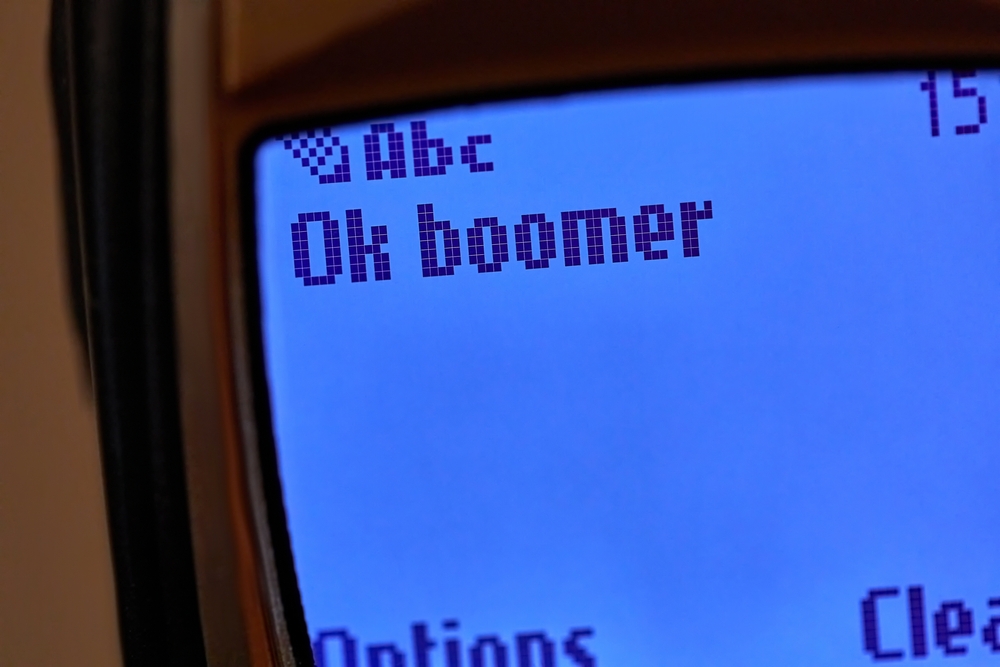Language is so much more than communicating in a verbal manner, and many people fail to realize its underlying beauty and true meaning.
Just as there are different types of languages throughout the world in general, there are different types of languages in writing.
You might wonder what these different languages in writing are, and here is a complete overview of the different languages in writing, and more.
There are many types of language in writing, but some rather popular ones are formal diction, informal diction, and pedantic diction, among others.
Here is an overview that explains what all these forms of language in writing entail, and more.
There are also examples of additional types of language in writing, which will help you to understand the different types more thoroughly.
Table of Contents
What is formal diction?
Formal diction is an elegant way to communicate in writing, and it is used in various types of professional writing.
These professional writings include speeches, business writing, business letters, and more.
No slang words are used in this type of writing, and the words used are straightforward and succinct.
All about informal diction

Informal diction is seen more often between family and close friends, and it avoids “conservative” formalities that are more appropriate for business communication.
Simpler language is used in informal diction, and instead of using the term “request,” informal diction uses the term “ask for” instead.
Informal diction is more relaxed and people using this type of language in writing don’t have to be so “uptight” and “perfect.”
What is pedantic diction?
Pedantic diction is similar to formal diction, but it’s language in writing that is specific to a certain profession.
For instance, if a professional in a psychiatric hospital setting is writing notes for the next shift coming on, then the staff may communicate using formal language that is specific to the mental health field.
For instance, pedantic diction in this setting might look like this: “Patient was isolative, labile, and appeared to be responding to internal stimuli.”
People outside the mental health field would find this type of diction confusing, as they may not be familiar with the psychiatric terms, but those working in the hospital know exactly what the words mean, so there is no confusion.
What exactly is colloquial diction?

Colloquial diction is a type of informal diction that includes the description of a specific time period as well as geographical location.
This type of diction might be extremely confusing to individuals who aren’t familiar with the specific period of time or geographic area that is being discussed in writing.
However, if the reader agrees to research the geographical location and time period being referred to in the writing, then it will enable the reader to better understand.
Understanding abstract diction
This type of writing is usually present in literature, as it makes the characters seem more human.
Abstract diction is when words are used to describe non-tangible things like feelings, emotions, as well as thoughts.
You can expect to see this type of writing in a fiction novel, and abstract diction can help you to better relate to the characters.
What is poetic diction?

If you like reading poetry, then you will definitely notice some poetic diction in your reading.
Poetic diction is writing that is intended to induce emotion in the reader. This type of diction often includes words that rhyme and that follow a specific discernible pattern.
The purpose of concrete diction?
The purpose of concrete diction is to ensure that the reader has absolutely no problem understanding the words that are written, regardless of who the person is.
For instance, if the writer is talking about a car, the words will simply read “car” instead of the “2018 Chevrolet Malibu.”
Concrete diction utilizes proper grammar, but this grammar is purposefully left as simple and as basic as possible for complete understanding.
Where can slang diction be found?

This form of language in writing is the complete opposite of any formal writing that you will read.
Slang diction is when a person writes in a way that completely ignores grammatical rules in lieu of language that is more preferred among friends, and they might use “made-up” words that only their friends understand.
You might find slang diction in the dialect of characters in a fictional novel, but you will never find this sort of diction in a business letter or any other formal writing.
What is the most common language in writing?
There really is no “most common” language in writing, because all of these types of writings depend on the writer and the audience.
There are many different writers and audiences (readers), so these eight types of language in writing are all used regularly.
For instance, any correspondence received at your place of employment will almost always be written in formal diction, while texting amongst friends could include several different types of diction.
Depending on what you’re texting or who you’re texting with, you might use slang, informal, formal, and even other forms of diction in your messages.
What if a person uses the wrong type of diction for an audience?

It is very important to take your audience into consideration when determining what type of diction to use, as you don’t want to confuse or offend the audience (reader).
For instance, if you’re in a business setting, you don’t want to use slang diction, because not only could it offend the audience, but it could also confuse them, as they might not be familiar with the terms.
Furthermore, slang diction is not very professional, and those who will be reading the slang will believe that you are unprofessional, and they may no longer have the same amount of respect for you.
Is it ever appropriate to use slang diction in a business setting?
Slang diction is used in business settings all the time, but only among very close colleagues or business partners.
In fact, slang diction can make conducting business more fun and less serious, depending on the situation.
However, if a person in business doesn’t know the intended readers of the written language very well, then it could be very risky as well as inappropriate to use slang diction in a business setting.
Using slang diction in a business setting without carefully considering the audience could be a disaster, as it could cause a company to lose clients, partners, and more.
Some people minimize the importance of the type of diction that is used on many different occasions, but when conducting business, this is the time when paying close attention to the specific written language that is used is important.
Using different types of diction simultaneously

It is possible to use two or more types of diction simultaneously, and this happens all the time.
For instance, if an author is writing a novel, the author might use abstract, concrete, and other types of diction throughout the story.
This can make the story not only more interesting but also easier to read without experiencing boredom.
Using the wrong diction at the wrong time
There can be times when using the wrong type of diction can seem out of place, like using slang diction in a business setting.
For example, if a married couple uses formal diction, this could appear very strange, as most married couples are so comfortable with one another that they use informal or slang diction when using written language to express themselves or communicate.
People are very judgmental and will judge you based on the type of diction that is used in a specific setting, so be sure that you’re using the proper diction for the proper audience.
There are many different types of language in writing, and some forms can be more beautiful and more meaningful than others.
Other types of written language aren’t meant to be meaningful or beautiful, as they are strictly a form of communication.
Poetic diction is likely to be the most beautiful and meaningful type of language in writing, but people can find beauty in meaning in all types of written language, depending on their mood, what they’re reading, and more.




